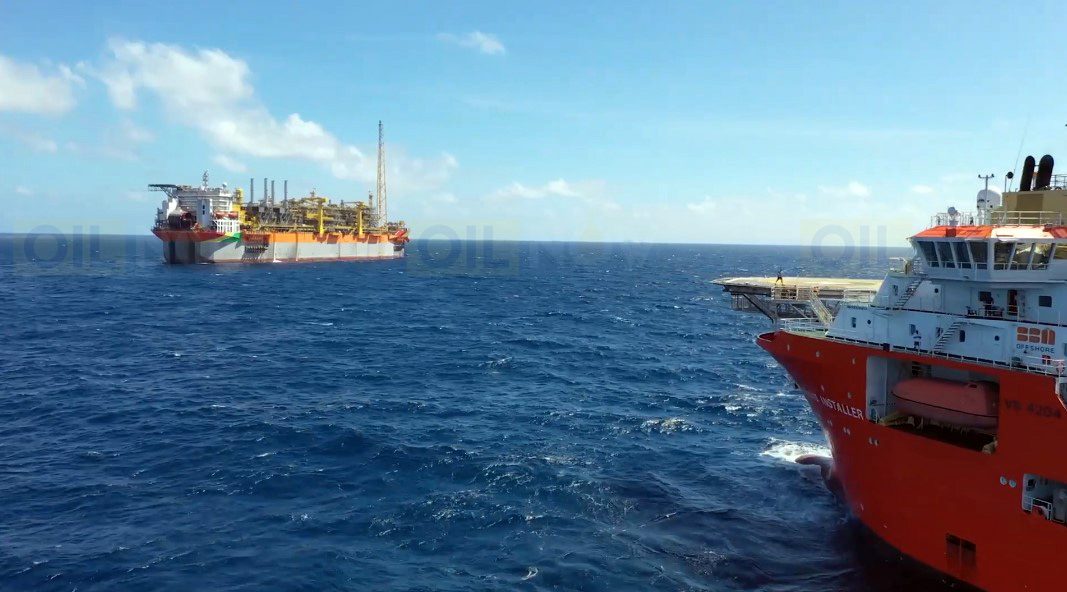Leaders in Guyana’s insurance industry recently affirmed that it has the capacity to underwrite 100 percent of the risks in the oil and gas industry.
Specifically, Melissa Desantos, President of the Insurance Association of Guyana and Peter Abdool, President of the Guyana Insurance Brokers Association, were keen to outline in a missive to the press, the technical and financial readiness of the country’s insurance sector.
On the technical side, they said the local insurance industry prides itself on employing insurance professionals that meet the highest global standards in all key positions. “…The public would be happy to know that the local industry was among the first to train and certify its technical staff in oil and gas insurance as soon as possible after the oil discoveries were announced in 2015,” the stakeholders noted.
US$2 billion Stabroek Block oil spill assurance lodged with EPA
They added that some of the world’s leading insurance brokerages were utilized for some of these training programmes. In fact, both parties noted that the international oil and gas insurance market is ready to do business with local insurers and brokers. OilNOW understands that the combined local industry has already furnished regulators with a comprehensive consortium proposal to support same. They said an appointed committee continues to meet with regulators on advancing that collaborative effort.
With respect to financial capability, both Association Presidents outlined that insurance is a risk transfer mechanism, whereby, persons pay a premium to transfer their risk of loss to the insurance company. That company then spreads the risk among the many others, thereby creating an insurance pool.
“…Insurers who manage these insurance pools further cut up and transfer portions of the risks globally to reinsurers who take a commensurate share of the premiums. Reinsurers also spread their risk globally in a process called retrocession,” they explained.
They further noted that the financial capacity of an insurer to underwrite a particular risk, is therefore primarily a function of how well the insurer could spread the risk through reinsurance.
Both stakeholders said that the small part of the risk that is actually retained by the insurer and on their own account would in Guyana’s case be relatively small due to the size of the industry. Be that as it may, they said it in no way hampers the local industry from undertaking the largest risks via the aforementioned reinsurance tool.
Desantos and Abdool were also keen to note that the local sector has, for the entirety of its history, always dealt extensively with the London Markets, Lloyds of London and international insurers and reinsurers worldwide.
The stressed that the foregoing grounds are what convinced local regulators to assign in the Local Content Act 2021, 100 percent of all oil and gas insurance business to Guyanese.
Overall, the stakeholders said the industry stands ready to provide an array of benefits to the oil sector.



